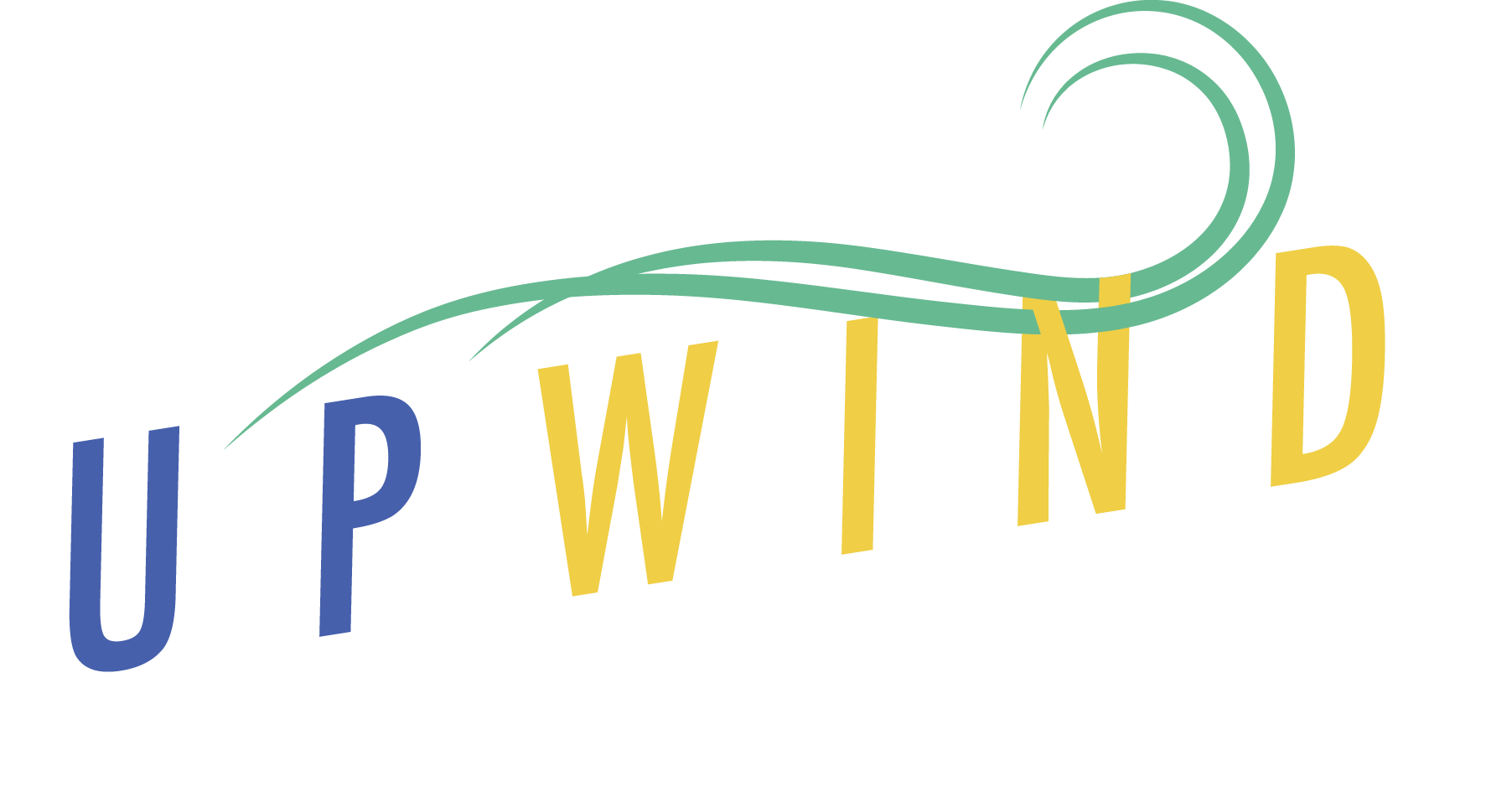Why do you play ultimate?
By Caleb Denecour, December 14, 2017
Why do you play ultimate? Is it the community, the sport's emphasis on sportsmanship, or the frisbee itself? Maybe it's something else entirely. Whatever the reason, it's important that we reflect on it, share our experiences with each other, and use the information to grow with the best interests of our community and the sport itself.
Growing up, I played a variety of sports; football, soccer, wrestling, and volleyball, to name a few. I enjoyed them all, but by the end of high school I stopped playing competitive sports. I left because of the toxic atmosphere created by coaches and parents in a hyper-competitive environment. Sportsmanship was cast aside as we were taught to win at all costs. Playing peewee football, I was shown how to illegally block and get away with it. One year, a coach of mine was suspended by the league because parents were viciously berating referees. In 6th grade, the kid who beat me at State Finals in track was actually two years older than me and running with a forged birth certificate. These are only a few examples of what contributed to my early "retirement". Maybe I'm an anomaly, but I bet most other athletes have had similar experiences.
To try and satisfy my competitive nature outside of sports, I started playing a lot of video games, specifically Halo 2. I trained and practiced, invested in the community, and entered tournaments. I absolutely loved it, but it wasn't enough. I needed a more physical outlet. Thankfully, during my freshman year of college I stumbled into ultimate frisbee. I didn't even know I was joining a practice or that the sport existed. Watching the disc carve through the air, chasing down hucks, huge athletic plays: I was hooked.
At first I didn't understand that the sport had no refs. We were taught the rules and how to use them in our games, but I thought this was to help those new to the sport learn quickly. It wasn't until our first fall tournament that I fully grasped ultimate was 100% self-officiated. That weekend I witnessed dozens of calls resolved through discussion. Opponents and teammates held each other accountable. Players had a clear respect for each other. This was when I knew I loved the sport and wanted to stick with it.
The disc drew me in, self-officiation/Spirit of the Game (SotG) made me stay, but what truly forged my passion was the larger ultimate community. From pick up games to world championships, friendships blossom in this sport. In all my years playing other sports, I became friends with barely a handful of opponents. In ultimate, it only took one tournament to befriend players on the other team. I've never attended a pick up game where I wasn't welcomed. No matter the skill level or the place, I encountered positive environments.*
I genuinely believe that the friendly and welcoming community stems from the sport's use of self-officiation and value of sportsmanship through SotG. Teaching the community to hold each other accountable and to resolve issues through discussion creates this unique environment. As the sport continues to grow, these values need to remain a focus.
Growing up I was painfully oblivious to the inequalities of our world, a privilege of being a white cis-male. Thankfully, there are many impressive women in my life who have opened my eyes to the inequalities they face. So while not originally a reason I played ultimate, USAU and WFDF’s equal playing opportunities across genders is now incredibly important to me. Over time, those same women also taught me that there were issues beyond playing opportunities. One of the more common problems I learned about is the lack of visibility of women in sports, a disparity that is increasing rapidly in ultimate with leagues that primarily represent men.
The above values -- athleticism, SotG, community, equity -- are why I play ultimate, and during this crucial era in our sport, I can not continue taking actions that go against them. While I want to share my passion with others, I can not support growth for the sake of growth. I can not support a mentality that lifting one will support others. What I can do is act in ways that align with my values. Here are some ways I plan to take action:
- Only support leagues and divisions that align with my values (USAU/WFDF/WFDF Affiliates)
- Listen to others in the community and and use their input/opinions to guide my actions
- Vote in USAU elections
- Use my time and energy to promote women in ultimate and growth through youth
- Represent my values to the best of my ability
Caleb Denecour plays for Minneapolis Sub Zero.
*I understand these experiences are greatly aided by being an outgoing white cis-male and that as a community we need to be better in how we treat/view/represent women, POC, and the LGBTQ+ community.

